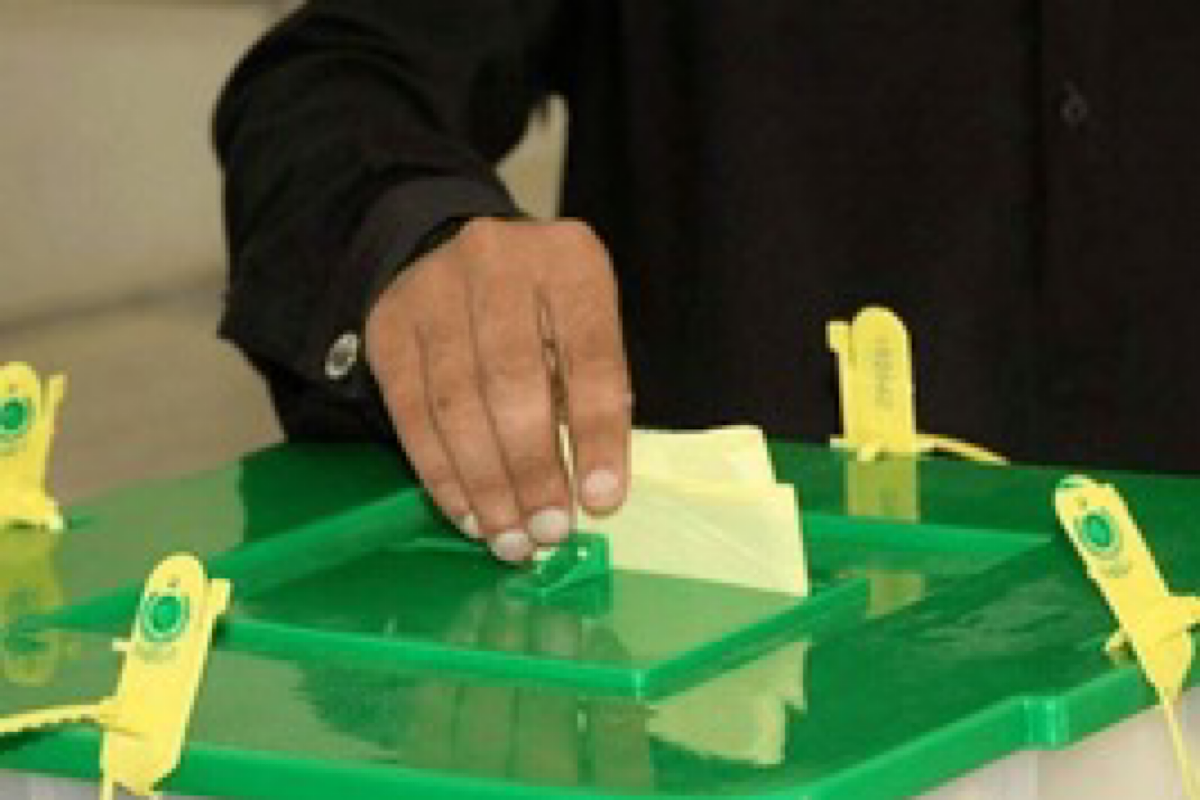Kamala Harris clinches enough delegates to win Democratic nomination
Vice President Kamala Harris has secured enough Democratic delegates to clinch the party's nomination for president
As the world is in the midst of the ‘Great Election Year’ of 2024, the International Monetary Fund (IMF) has sounded the alarm on the perilous tight-rope walk between democratic exercises and fiscal responsibility.

elections representation image
As the world is in the midst of the ‘Great Election Year’ of 2024, the International Monetary Fund (IMF) has sounded the alarm on the perilous tight-rope walk between democratic exercises and fiscal responsibility. With a staggering 88 countries set to have, or having already undergone, national elections, concerns loom large over the financial ramifications of political fervour.
The IMF’s call for fiscal restraint amidst this electoral frenzy underscores a crucial dilemma facing policymakers worldwide. Elections, by their very nature, often catalyse increased government spending and reduced tax discipline as politicians vie for voter approval. Yet, in a year already burdened by slowing growth and towering debt levels, such profligacy could spell disaster for economies teetering on the edge. Indeed, the IMF’s warning of budget overruns and exacerbated deficits in election years rings true, echoing historical trends where fiscal discipline takes a backseat to political expediency.
The allure of social spending to curry favour with constituents only exacerbates the strain on public finances, leaving little room for manoeuvre in an already constricted economic landscape. What’s more, the IMF’s prognosis of continued slow but steady global growth underscores the urgency of addressing fiscal vulnerabilities. While some may interpret this as a sign of resilience, the reality remains stark ~ many countries still grapple with the aftershocks of the pandemic, burdened by high debt and subdued growth prospects. The IMF’s prescription for reigning in crisis-era support measures and bolstering fiscal buffers is a bitter pill to swallow for governments caught between appeasing voters and safeguarding economic stability. Yet, it is a necessary step towards averting a looming debt crisis that threatens to derail the fragile recovery.
Advertisement
Advanced economies, with their ageing populations and ballooning entitlement programmes, face an uphill battle in containing spending pressures. Reforms to healthcare and pension systems, while politically contentious, are imperative to stave off fiscal calamity in the long run. Similarly, emerging market economies must enhance tax systems and broaden their revenue base to shore up fiscal resilience. However, the onus does not solely rest on governments. Citizens too must recognise the trade-offs inherent in electoral largesse and demand accountability from their elected representatives.
Fiscal discipline cannot be achieved in a vacuum. It requires a concerted effort from both policymakers and the public to prioritise long-term economic stability over short-term political gains. As the IMF warns of a future where global public debt approaches unprecedented levels, the imperative for decisive action becomes ever more urgent. The ‘Great Election Year’ of 2024 serves as a stark reminder of the delicate balance between democracy and fiscal prudence. Only by treading carefully along this precarious tight-rope can nations hope to navigate the tumultuous waters ahead and secure a prosperous future for generations to come.
Advertisement